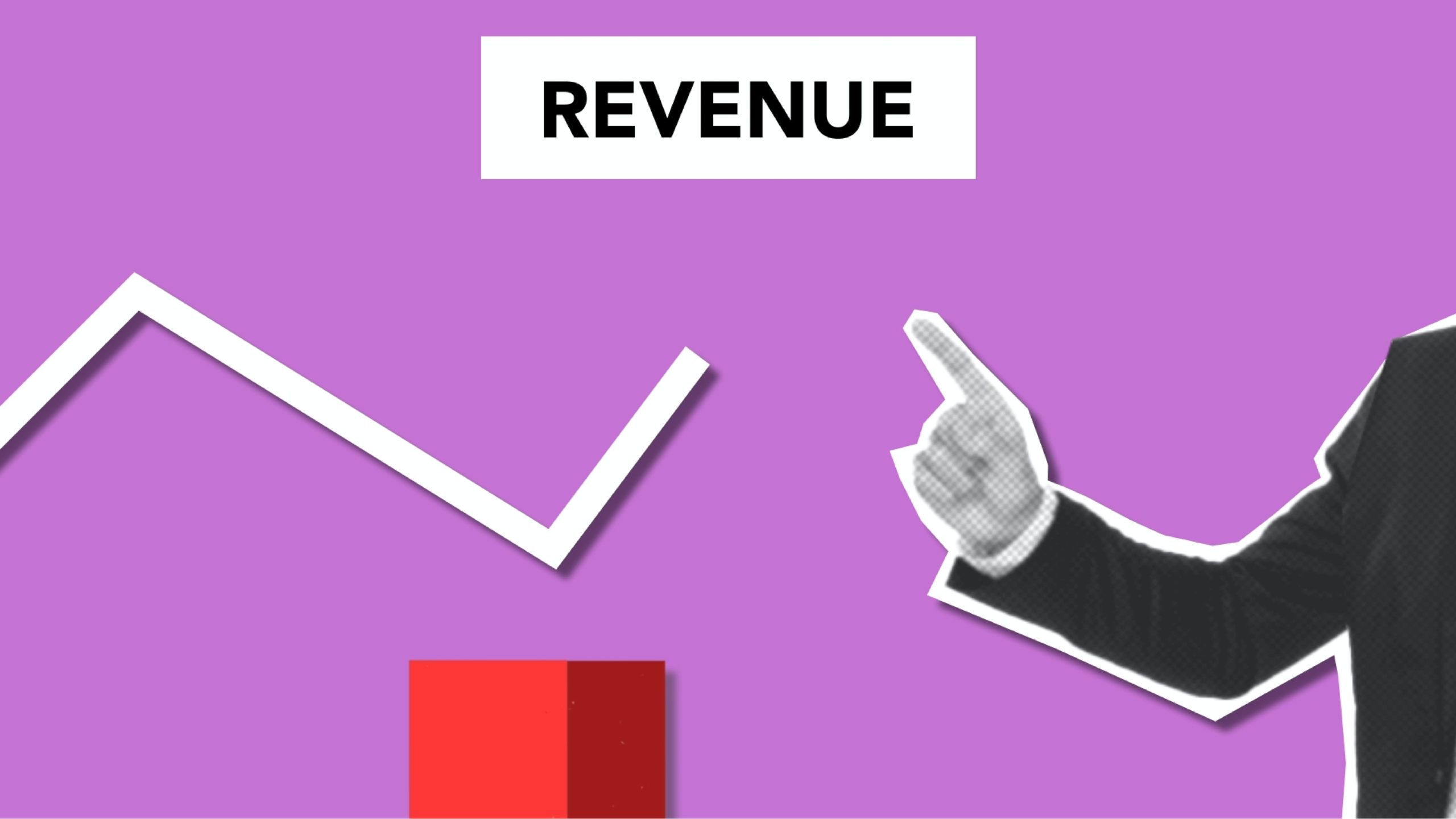From SEO to Sales: How to Measure SEO ROI
Table of Contents
Search Engine Optimization (SEO) is the centrepiece of a solid digital marketing plan for businesses that want to remain relevant in this digital wave.
But is your SEO strategy really bringing in cash for your business?
Firstly, SEO ROI, or return on investment, estimates the business value of all SEO-related activities compared to the cost.
The caveats that come with SEO make analysing ROI one of the more complex tasks marketers face when the time comes for budget and resource allocation.
SEO ROI calculations can be a pain. Thankfully, we’re here to break it down for you.
What is SEO ROI?
ROI helps you put the financial value of your SEO investment into perspective.
Measuring SEO ROI can be a little difficult compared to measuring the ROI for Pay-Per-Click (PPC) advertising.
Unlike PPC, there is no fixed cost for SEO, and conversion goals may be defined differently depending on your marketing campaign.
SEO deals with gaining organic search traffic on search engine results pages.
Therefore, the ROI of SEO calculates the revenue you get from the organic traffic that you have attracted from your SEO campaigns.
A site will have a positive ROI value if the revenue generated by the organic traffic is higher than the cost of implementing the SEO efforts.
The ROI of SEO calculates the revenue you get from the organic traffic that you have attracted from your SEO campaigns
How Does SEO Improve ROI?
SEO brings organic search traffic to your website. It increases your site’s visibility by improving your position on Google when users search for related keywords.
It consists of aspects such as keyword rankings, content marketing, social media and backlinks, all of which come with a cost to the marketer.
All of this contributes to organic traffic, increasing lead generation and conversions when new customers find your business.
How To Measure SEO ROI

Calculating SEO ROI would require certain metrics
Calculating SEO ROI would require certain metrics first. This can be found through past customer data. Some of the information you may need include:
- Organic conversions and lead generations across different marketing channels
- Cost of SEO investments such as salaries/fees for employees or SEO agencies and freelancers, subscriptions to SEO tools, or charges for content promotion and link building
- The financial value of conversions and lead generations
Figuring Out Your SEO Value
There are a lot of dimensions to SEO, and different companies may have various approaches to calculating their ROI. However, here are some best practices:
Set conversion tracking
Use Google Analytics to track conversions on your site that drive revenue.
How to do this depends on whether you are an e-commerce or service provider – in short, it depends on whether you make any direct sales on your site or not.
E-commerce sites can use ecommerce tracking on Google Analytics to pull data to get their exact online revenue.
However, if you have a lead-based business, like a service provider, you can set up conversion goals like form submissions. Based on previous data, you can set approximate dollar values for these items.

To calculate SEO ROI, you may need to look at past data to see how much revenue you generated from your SEO leads
If you don’t make sales directly on your site, you may need to tabulate past numbers to find exact data on how much revenue you generate from your SEO leads. The best way to do this is to look at sales data to assign financial values for each lead you get from your SEO campaigns.
Calculate your SEO ROI
After determining the time period you’d want to look at for your SEO ROI (typically, SEO agencies and marketers calculate it based on the month or every quarter), you can start figuring out your ROI.
Most businesses use the following formula to calculate SEO’s ROI:
(Gain from Investment – Cost of Investment) / Cost of Investment
Calculate SEO ROI with These Tools
You can also utilise certain tools, such as Primal’s SEO ROI calculator, to make calculations easier:
- Google Analytics (GA)
GA features allow you to assign monetary values to each page viewed on your website on the customer journey. For e-commerce stores, you can enable ecommerce tracking. - Excel Spreadsheets/Google Sheets
Create an SEO ROI calculator with basic formula knowledge. - Online SEO Tools
Subscription-based SEO tools such as Semrush include SEO ROI calculators too. You can also get ROI from Google Search Console for free by toggling with their features.

Measuring your SEO ROI is necessary to analyse if your strategies are giving results
Measuring ROI may be a little complicated, but ultimately it is necessary to analyze if your SEO strategies are giving results, especially with constant changes to search engine algorithms.
Use our SEO services in Malaysia to save yourself the trouble and watch yourself grow exponentially in real time.

















Join the discussion - 0 Comment